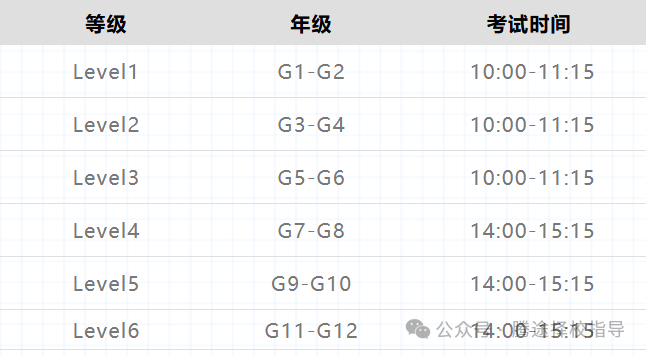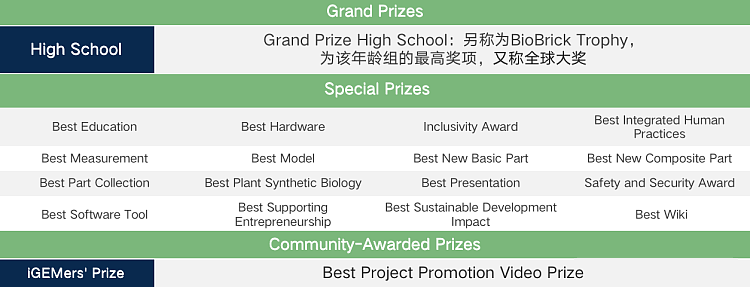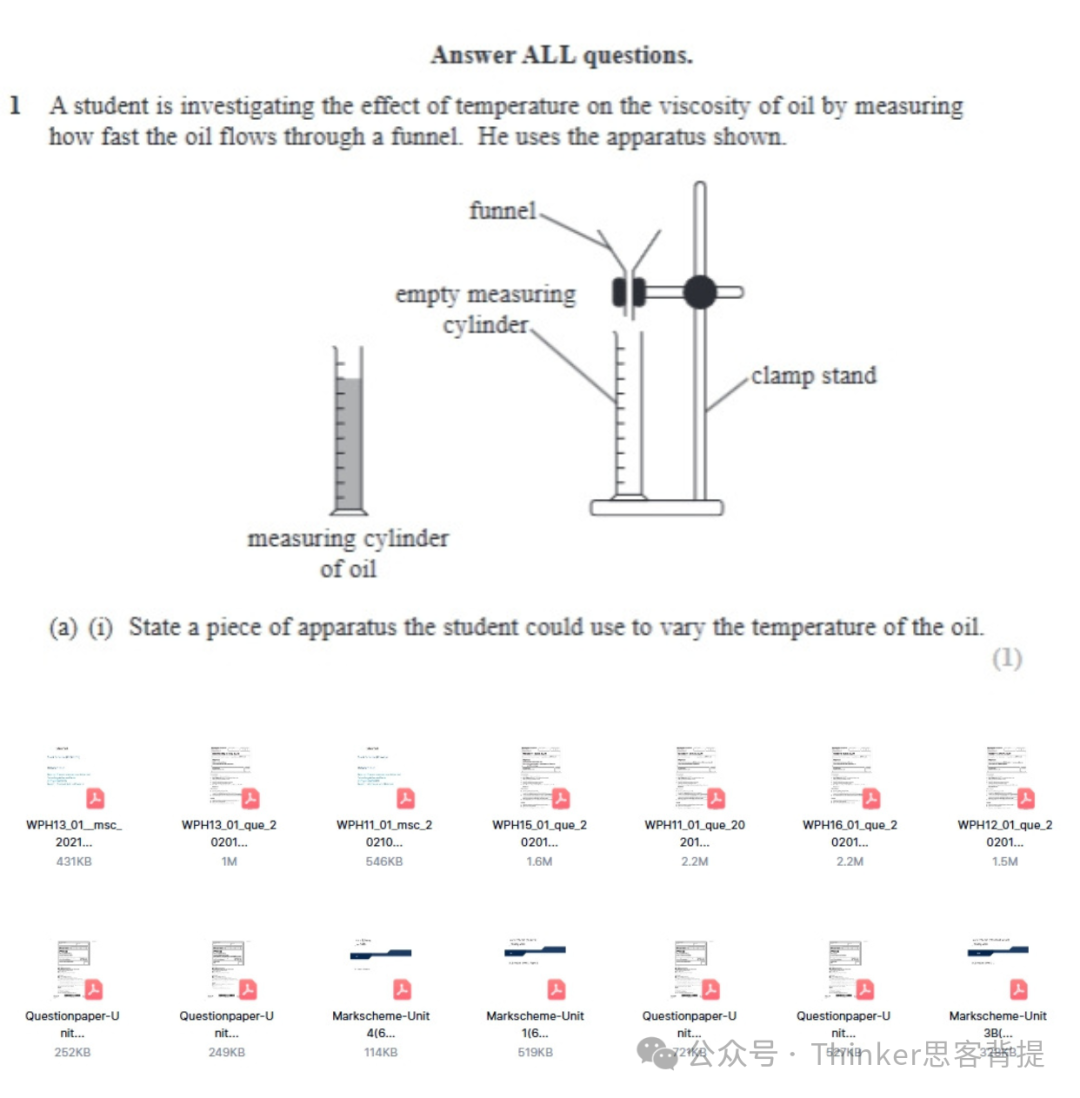经过了一整个春天的学习与演练,各位演讲者与辩手们翘首以盼了一学期的春季线下活动终于将于本周末起在杭州率先拉开帷幕了!
本期“WSDA裁判说”,老师为大家邀请到了正在牛津大学思想史专业攻读硕士的Geven,为大家的备赛之路再奉上一波干货。从曾经的WSDA积分榜全国第六,到一步步进入世界顶尖学府深造,让我们一起来看看,对于WSDA公共论坛式辩论春季辩题,他又有什么自己独到的见解呢?
2024 WSDA春季公共论坛式辩论辩题
Resolved: Education Systems in OECD Member Countries Should Prioritize Vocational Training over Traditional Academic Curriculum.
I first have to confess my own bias on the subject: up till now, my education has been nearly exclusively academic, and my thinking about my own career has been primarily about academia, so there is that substantial limit of my bias in my impoverished experience in and understanding of vocational training. That bias will show in my particular views and inclinations on the topic. I don’t aim to provide very practical guides to argumentation or winning strategies;I primarily wish to provide some fresh, but easily neglected perspectives in approaching the debate.I shall discuss two central elements.
01、What does it mean to prioritize vocational training over traditional academic curriculum?
It is easy to acknowledge that to“prioritize” does not mean we only want vocational training or traditional academic curriculum, yet the actual nuances often extend far beyond that. While there are certainly predominantly academic institutions and predominantly vocational institutions, I’d seriously doubt if any school could be entirely so. For each school and for each specific department, the academic-vocational division is often not an either-or matter. Academic institutions certainly provide career guidance and often rather in-depth training on specific skills; vocational schools no doubt would also be equipped with quite theoretical and less practical courses.
On the pro-side, for example, you can argue that predominantly academic institutions should have more practical skills training and even make some mandatory. It doesn’t necessarily decrease the number of academic institutions or the increase of vocational training institutions, but that internal structural shift would be a step toward your intended direction all the same.I hardly think that to prioritize one form of education means that you’d have at least 51% of one type of school and less of the other; it needs to be based upon a careful evaluation of the status quo and identify the direction you’d like to take.
Some of the policy changes could be quite miniscule on the surface and appear only formalistic. I’d give examples of vocation-oriented reform within predominantly academic institutions. In my middle school, there was this class called “劳动技术”which took place once per week. It contained instructions to some fun handcrafts, but few students took the class seriously, and someone could argue that it seemed a waste of time. Of course, that might not be the exact sort of change or policy that one is apt to discuss during the debate round, but if you were the school principal and received instructions to increase the portion of practical skill training, it is not at all an unlikely scenario to simply add one or two more of such “劳动技术” class. Other imaginable changes would be to hire some professional career consultants, or to add some vocation-oriented electives. That said, we could also envision more radical changes. For example, high schools could cut the mandatory academic curriculum and set aside one or half day per week for school-led tours of workplaces, collective workshops, or organized lectures from experts of different professions. Of course, such a change, if it were to take place at all, would need to happen gradually through trials, and not necessarily through central direction but often through private education initiatives.
The benefit of this is obvious—students would have clearer ideas about the job market and about different vocations, and could thereby choose their profession on a more rational ground.The popularity of张雪峰in China testifies to the importance of closing information asymmetry, and one could even argue that students choosing majors more rationally would have much wider socio-economic ramifications nation-wide, resulting in more appropriate division of labour. This situation might not apply equally well to OECD countries, but the problematique remains the same.
Another thing to keep in mind isthe vocational training that happens outside the education system. Strictly speaking, merely arguing the benefits of these would be untopical for the debate, but they could be relevant if you are describing a macro structural shift of educational functions or alternatives to specific reforms. For example, a lot of job training happens not inside schools, but within workplaces. Admittedly, many vocational schools have workplace internship as part of the required education attainment, but the question is,should the education system (or, alternatively, the workplace, or even individuals) shoulder more or less of the responsibilities of skill training? Do we want to have a more centralized or decentralized VET(vocational education and training)?One could certainly argue all the benefits of having people more adapted for workplace, but that does not equate to affirming the resolution. Logically, a pro team should be prepared to answer why the educational systems are more apt than any other systems to make the change.
These are only some possible directions for you to develop a case.Public forum doesn’t require you to propose a detailed policy, but keeping in mind some possible reforms you might propose, or even elaborating them in your observation or framework, is nevertheless important.You should think from two levels: the micro level, the exact changes or trials that could happen; and the macro, more idealistic, and principle level, the general direction toward which the economy and education should and could tend.At the end of the debate, only a general principle coupled with specific reform changes would serve as a firm ground for a side。
02、What is education and what is the education system? What is the purpose of them?
First of all, I would like to challenge you on one simple but actually quite difficult question: why do you go to school? The question admits of no easy answer and there are very different answers from different perspectives. From a young age, we are told by parents and teachers that “we go to school to learn knowledge and gain sociable skills, so that we could attain a desired life;” and if we were to answer this question on a televised platform, something akin to this would likely be our answer. It isn’t wrong, but the persuasiveness of this answer likely declines as we grow older and see less of a link between school learning and a happy life. In fact, this is likely only a post hoc justification for school, but not the motivating force to go to school in the first place.
The more honest answer for most families, if we think why parents send children to school, is simply that the law requires children to be educated beyond a minimum of 9 to 12 years, and “sending children to school and college” has become such a normativerightin a society to follow even without the law.We thus see two confronting perspectives to the question: the individual and the sociological.It is primarily the sociological perspective with which I am, and as I believe the debate should be, concerned.
I shall briefly introduce some sociological theories on education with their applications in this debate, though this is a personal categorization. None of these treats schools merely as a neutral site for knowledge-learning. I by no means intend that they are mutually-isolated approaches or that they are complete.
Education as Socialization
This most classical view is represented by Emile Durkheim, one of the “founding fathers of sociology”: education “socializes” individuals in transmitting socially recognized moral values and shared cultural heritages, and thereby establishes a firm ground of social sympathy and fosters social cohesion. The common experience, knowledge, and understanding gained in schools are the crucial ground for otherwise atomized individuals to communicate and behave socially. This might not have very direct applications to arguments in this debate, other than that education doesn’t serve only or even primarily economic functions (though I guess technically one could argue a slippery slope that too much vocational training risks undermining that social ground?). That said, think back on the first question I posed: why do you go to school—do you perhaps have a clearer answer now?
Education as Social Control
This theory might be represented by Michel Foucault (though with plenty other no less qualified representatives), most famously discussed in his Discipline and Punish (though it’s not exclusively about education). Such a theory focuses on how the education systems become venues for the exertion of power.
Social control theory obviously rings much more negatively and makes more space for critique of power embedded often not just within persons or elite groups, but within larger “discourses” and discursive regimes perpetuated by material practice. A particular application of this sociological view in education would be to examine capitalist exploitation in normal corporate life of individual workers, and con could well argue that if schools become too closely connected with workplace, it easily becomes a corporate extension that seeks to standardize student bodies into homogenous productive entities. Of course, this is not an easy argument to make; a lot of practical refinement needs to be included for it to be viable in debate.
Education as Distinction
This view is represented by Pierre Bourdieu, and extends the social control approach specifically to the role of education in the reproduction of class distinctions and social inequality. The inequality extends to all social dimensions, though most important of all is the cultural imposition of a standard of taste: the distinction between elegance and vulgarity, the high and the low art, the beautiful and the ugly. I cannot introduce all of Bourdieu’s themes here; but I do think this is the theory where some of the most interesting debate arguments could be inspired.
The situation of vocational-academic (im) balance in OECD countries will differ more or less.Bourdieu’s sociological critique invites more proposals for a non-hierarchical future for education, and the idea that academic learning serves primarily classificatory functions, with the growing realization of it, becomes increasingly odorous.There is thus quite an obvious pro argument: promoting VET helps counter that social stigma, and in a way combats the cultural hegemony of a standard of success.Calls for respect of practical skills which require no less efforts and devotion are spreading, and many countries are indeed promoting VET with the recognition of real economic needs of non-academic practical skills;though from past experience, a mere proliferation of the number of VET institutions might not necessarily do the trick.
We are all taught from a young age, “三百六十行,行行出状元.” The coexistence of social stigma of vocational education and calls for a sense of equality among professions presents quite an interesting phenomenon. On the one hand, it could be argued that that the calls for equality haven’t extended far enough to offset our traditional bias when it comes to education; on the other hand, few people would think that all jobs are equally fulfilling, and it could be argued that the calls for equality serve only as a palliative to the much deeper social problem of specialized division of labour under capitalistic systems which caused the mental mutilation in certain works in the first place, and under which vocational education no doubt plays a role. Of course, this is not to say in any way that jobs primarily requiring practical skills or largely supplied by vocational schools cannot be fulfilling, but it might be a good idea to reconsider the nature of a “job” and think of possibilities of its restructuring (think about how jobs could become less stable in a healthy way, and why more young people attempt “freelancing”), and potentially the implications which it could have on education or which education could have on it.
Admittedly, the problems analyzed above mostly have quite complexed causes, and prioritizing vocational education might not come up as a very obvious solution, but I do believe thatpro can very much argue that a real promotion of VET, especially in correcting preexisting prejudices and shifting public attitude toward VET, is a very important step in the larger package of solutions. Real solutions need to lie in people’s use of reason and independent judgment in the reevaluation of education and their needs, free from the domination of the cultural hegemony created by social elites. That goal would be served by an increase in the sense of agency in owning and practicing the practical skills, when labourers, ridding of the stigma, could confidently seek recognition in their job and feel themselves to be a part of the civil society. With that spirit, practical VET reforms serve not only a short-term goal of regional amelioration, but provide am impetus of the transformation of public mentality.
One final consideration: what’s the difference between education and the education system? The latter is characterized by materiality: the actual physical institutions, the laws that sanction them, as well as the personnel and students involved in them. It denotes a set of sanctioned practices, and because of that materiality, it can be analyzed as a part of a sociological whole. Education, on the other hand, is quite different—it is an abstract aggregate and denotes both behavior and the abstract concept of that behavior. In its broadest sense, we are educated in every second, because very technically we receive stimuli and new information all the time, however consciously. What is subject to analysis is the linguistic use of “education,” which is historically fluid. Nowadays there clearly is education that happens outside of education “systems” with the explosion of information: in the age of “pay-for-knowledge,” we have more online classes and decentralized learning; with the development of online education platforms since COVID, the spatiality of education is facing early challenge of dissolution.
The simple truth is, the schools are losing their comparative advantage in transmitting information and knowledge, though as a venue of sociability, they act more prominently. If we conflate education with the education system without giving the nature of education an ounce of thought, we commit an intellectual sin of forsaking independent judgements, which practically perpetuated all structural violence in history. The aforementioned sociological approaches to education or its system, at least in the way I described, were all really descriptive, not prescriptive. This is actually an invitation for you to redefine the normative function of education, according to history and the present needs of society.Let’s not forget the Thomas theorem:
If men define situations as real,they are real in their consequences.















